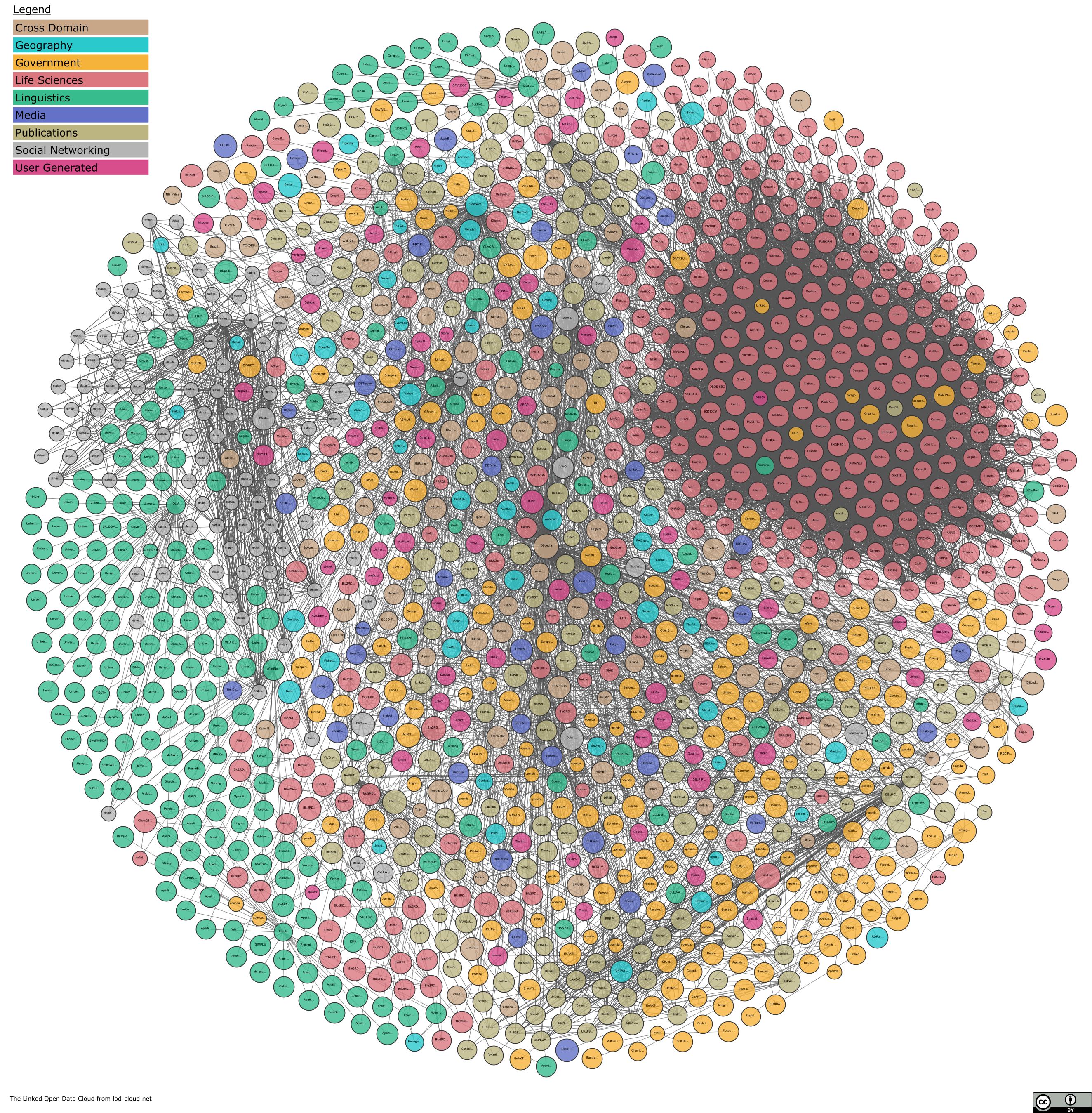Lesson Maintainers communication is via the team site.
Library Carpentry is a software and data skills training programme for people working in library- and information-related roles. It builds on the work of Software Carpentry and Data Carpentry. Library Carpentry is an official Lesson Program of The Carpentries.
All Software, Data, and Library Carpentry instructional material is made available under the Creative Commons Attribution license.
There are many ways to discuss and contribute to Library Carpentry lessons. Visit the lesson discussion page to learn more. Also see Contributing.
All participants should agree to abide by The Carpentries Code of Conduct.
Library Carpentry is authored and maintained through issues, commits, and pull requests from the community.
Cite as:
Library Carpentry: Wikidata. September 2019. https://librarycarpentry.org/lc-wikidata.
To check and preview a lesson locally, see http://carpentries.github.io/lesson-example/07-checking/index.html.

